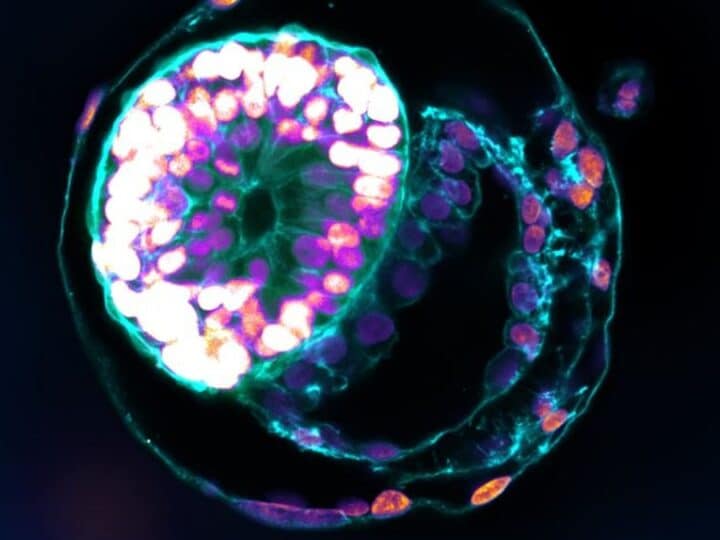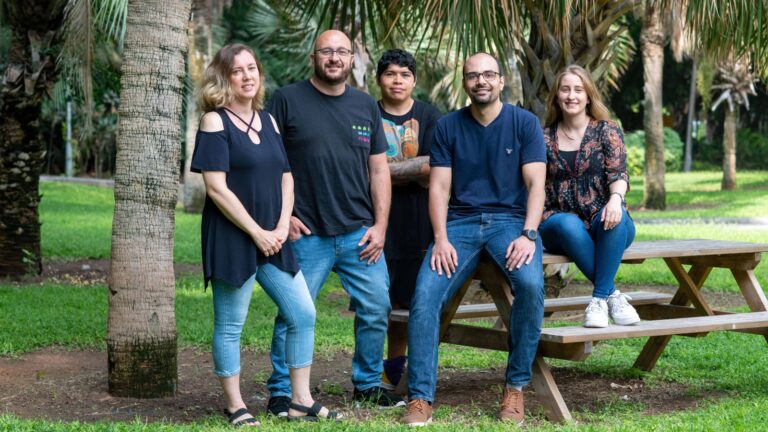There is a growing understanding that gender differences significantly affect health, including the risk of developing certain illnesses and the course of diseases.
For example, women have a higher risk of developing autoimmune diseases such as multiple sclerosis and rheumatoid arthritis, while men are more likely to catch infectious ailments including Covid-19.
Many medications, however, are tested primarily – and often only – on men. That’s a big reason why most of the drugs that are taken off the shelves tend to pose a greater risk for women.
Pharmaceutical companies are now attempting to adjust treatments and drug dosages according to gender.
Researchers at Hadassah University Medical Center in Jerusalem have made a breakthrough in this area, using genetically identical male and female stem cells harvested from the same person.
How can one person have both male and female stem cells?
The key was finding a patient with Klinefelter syndrome – a genetic condition in which a man has two X chromosomes and one Y chromosome instead of the usual one X and one Y.
This patient had another anomaly: His blood also contained small subpopulations of normal male (XY) and normal female (XX) chromosomes. This is what enabled the researchers to derive genetically identical stem cells in both male and female form.
The extracted and isolated stem cells can mature into any cell type in the body and thus help the researchers determine whether the health differences between genders are due to the individual’s sex chromosomes or hormonal profile.
“The world of medical science today recognizes the great importance of the difference between women and men,” explained study leader Dr. Benjamin Reubinoff, a senior OB-GYN and director of the Sidney and Judy Swartz Stem Cell Research Center at Hadassah’s Goldyne Savad Institute of Gene Therapy.
“The US National Institutes of Health has changed its policy in recent years, now requiring that all medical research it funds be conducted on both sexes equally,” Reubinoff notes.
“The unique stem cell system we have developed will lead to new discoveries about gender differences, can help compare the efficacy and toxicity of drugs, and contribute to the development of better medicine adapted to men and women.”
Among the many differences in how men and women react to medications are variances in effectiveness and side effects.
“For the first time, we now have cells that are absolutely identical genetically, but in both male and female versions,” Reubinoff added.
“We’ll know in what ways, exactly, the cells act differently in male and female forms, instead of trying to derive this information from large studies.”
The study was carried out as part of the doctoral dissertation of physician-researcher Dr. Ithai Waldhorn. Results were published in Stem Cell Reports, the scientific journal of the International Society of Stem Cell Research.
















